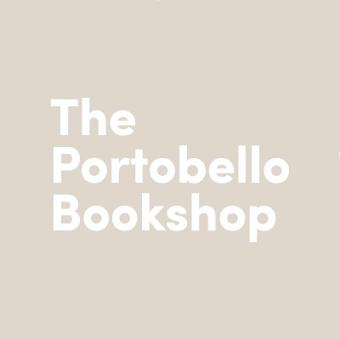The Laboratory of Poetry
Chemistry and Poetics in the Work of Friedrich Schlegel
Format:Hardback
Publisher:Johns Hopkins University Press
Published:6th Sep '02
Currently unavailable, and unfortunately no date known when it will be back

Bringing to light an unexpected encounter between the natural sciences and the theory of poetry at the end of the eighteenth century, this book argues that some of romanticism's most daring and enduring innovations owe their form and substance to the subject of chemistry. By focusing on the work of Friedrich Schlegel (1772-1829), The Laboratory of Poetry demonstrates the degree to which romantic poetics, in its language and concepts, relies on the chemistry of its day. This argument revises our very understanding of the period, for rather than taking romanticism to assume a hostile stance toward science, we can now see how it works to embrace fundamental scientific concepts (for example, the experiment, the element, and the combinatorial method). Because our own historical moment continues to be indebted to romanticism, such a shift in understanding prompts a rethinking in our ideas of the interrelation of literature, philosophy, and science. Chemistry around 1800 was a science in upheaval, situated somewhere between modern chemistry and alchemy, between a mechanistic and an organic view of the world. In its concepts and images, as Michel Chaouli demonstrates, Schlegel found the means to imagine the production and reception of verbal artifacts in entirely new ways. In finely detailed close readings, Chaouli shows us Schlegel developing and practicing a highly experimental form of writing in which the elements of language-words, syllables, letters, graphic marks-are subjected to "eternally dividing and mixing forces." This idea, so machinelike in its combinations, represents a sharp departure from the traditional idea of romantic artwork-as-organism. Rather, chemistry opens a space between the organic and the mechanical-a space that turns out to be highly productive for a novel theory of literature. Reconsidering Schlegel in this light, Chaouli shows how the chemical can also be understood as a contribution to the history and theory of media: it registers the disquieting contact of human wants and nonhuman systems of archiving, the intersection of intentions and feelings with material systems such as language and writing-the very intersection that interests and involves us in literature.
A valuable indicator of how literature, philosophy and science are (or were) all one, and how we must avoid specialization if we are to understand the Romantic period. -- David Knight British Journal for the History of Science 2004 Chaouli's book stands out within the vast field of Romantic scholarship for its originality, erudition, and timeliness regarding current theoretical concerns about the interface of literature and science around 1800. -- Jocelyn Holland Monatshefte Chaouli's critique is particularly valuable in its coupling of the chemical analogy with aesthetic and social theory. -- Kevin Yee Seminar: Journal of Germanic Studies 2004 This book not only furthers our understanding of Friedrich Schlegel, and especially of his conception of the literary fragment, but it gives us a richer and more nuanced understanding of Early German Romanticism itself. -- William S. Davis European Romantic Review 2007
ISBN: 9780801868849
Dimensions: 216mm x 133mm x 23mm
Weight: 454g
304 pages